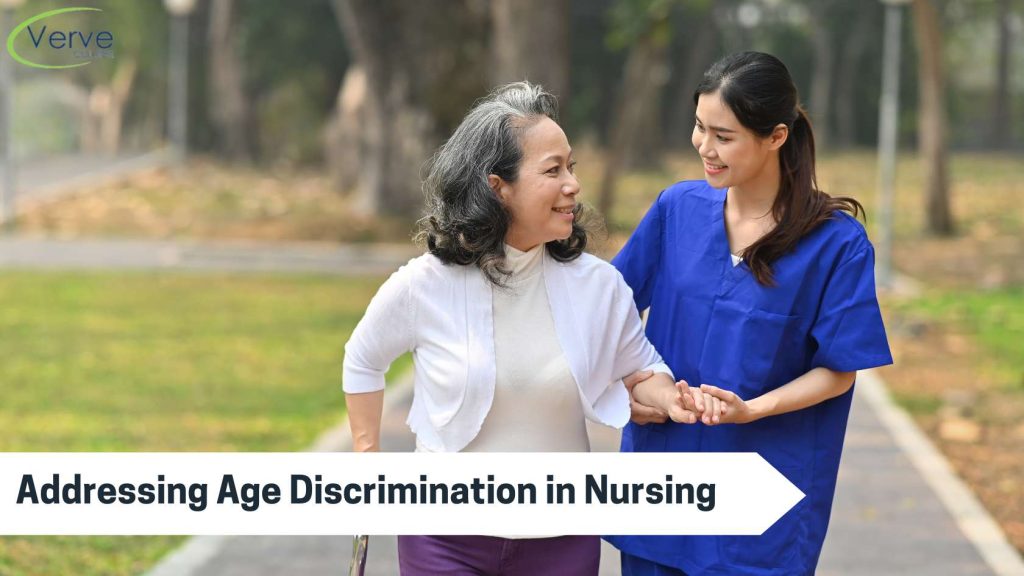- Oak Brook:(630) 705-9999
- Chicago:(312) 920-8822
- Email:inquiry@vervecollege.edu
- Make a Payment
- Home
- Programs
- Admission
- Resources
- ATI Entrance Exam Resources
- New E-Digital Library
- Refer a Friend
- School Newsletter
- Events
- Employers
- Job-Network
- Alpha Beta Kappa Candidates
- Verve College Library
- Graduation and Pinning Ceremony Photo Galleries
- Textbook Information
- Career Services
- Tutoring
- School Catalog
- FAQ
- Constitution Day Program
- Alumni
- Verve College Plans
- Financial Aid
- HEERF Reporting
- Satisfactory Academic Progress
- Apply For Financial Aid
- Net Price Calculator
- Return of Title IV Funds (R2T4)
- Financial Aid Office Code of Conduct
- Contact
- FAQs
- Verification Policy
- Vaccination Policy
- Student Right-to-Know Act
- Misrepresentation
- Information Security Program
- Academic Award Year
- Availability of Employee
- Cost of Attendance
- Health & Safety Exemption Requirement
- Students Rights and Responsibilities
- Leave of Absence
- Pell Formula
- Military Students
- Grants/ Scholarship Policy
- Contact Us
- Login
- Testimonials
- Blog
Is a Nursing Career Right For You?
Take The Free Quiz
Addressing Age Discrimination in Nursing
Addressing Age Discrimination in Nursing
Ageism in health care is when someone is treated unfairly because of their age. Ageism is discrimination based on age. According to the Age Discrimination Act of 1995, age-based discrimination is illegal. It also has severe negative effects on the workplace.
Federal Law prohibits age-based discrimination in programs and activities receiving federal funding. It applies to HRSA-funded healthcare programs that cannot exclude or restrict or refuse services based on an individual’s age. This document covers only age discrimination within HRSA funded healthcare programs or nursing degrees in Illinois at school of nursing and not employment.
Age discrimination in nursing can take many forms, from discrimination in pay to the perception that older nurses are not able to keep up with new technology or medication. Their advanced age may make them fragile, which could make patient care risky.
It is important to have a diverse workforce for the best patient care among health care providers, and also for business sustainability. When keeping track of diversity checks to get the health outcomes, the age factor is often forgotten.
Experts agree, stating that the collective experience of older clinical nurses or physical health professionals is often underestimated. The Age discrimination in nursing Act of 1968 was passed to protect workers older than 40 years from discrimination.
- Hiring Practices
- Promotions
- Discharge
- Compensation
The Equal Employment Opportunity Commission enforces these laws and brings lawsuits against companies that violate anti-discrimination laws.
What are some examples of ageism in healthcare?
You can also see our Example of a Good Way to Start.
Best nursing colleges in Illinois do not accept applicants over the age of 35, regardless of their qualifications. The private school says that its goal is to train nursing students who can practice as long as they want & can become a experienced nurse.
- Why does this constitute discrimination? The purpose of nursing school is to educate and train health care professionals in nursing profession, not ensure that they continue to practice as long as possible. This practice is discriminatory because nursing program is and excludes applicants based solely on age.
You can also see our Example of a Good Way to Start
A hospital may have a separate geriatrics section. This wing offers less supervision and more recreational activities to patients than other wings.
- Why is there discrimination in this case?
- This practice is discriminatory because it is based solely on age, and the result is a restriction in services (i.e., supervision and recreational activities).
You can also see our Example of a Good Way to Start
A 82-year old patient’s life expectancy makes her ineligible for an organ transplant.
- Why does this discrimination exist?
- Although both the life expectancy of a patient and their current mental health status may be related to age, this should not be used as a sole factor to limit access to organ donation.
Can people treated differently depending on their age?
You can also see our Example of a Good Way to Start
If youths were not previously involved in the program, it may be a good idea to recruit them.
- Why is this allowed?
- A nursing degree program that aims to improve equal access to health care services may be targeted at a specific age group if it is concerned about a limited level of participation by a particular age group.
You can also see our Example of a Good Way to Start
Children under the age of 16 are treated in a hospital unit separate from adults. The program targets children and provides special benefits for them, like play areas that are similar to those provided to older adults.
- Why is this allowed?
- If a program or activity in medical care provides similar special benefits to older adults and children then the program can target its services towards these populations.
The program in nursing career can also be aligned with the age restrictions contained in an HHS statute or rule.
 Sign up
Sign up Login
Login




